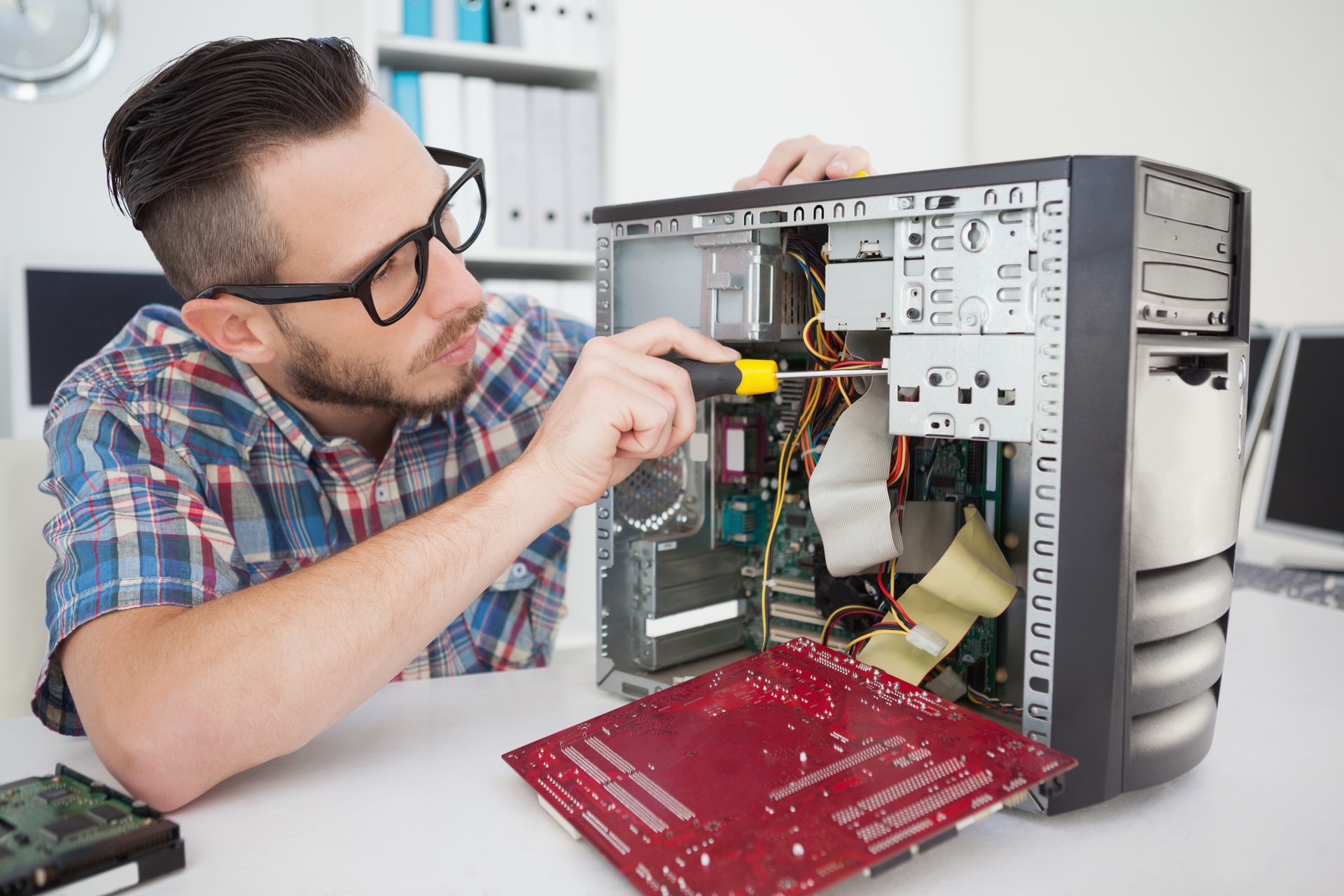In today’s digital age, computers play a crucial role in both our personal and professional lives. From staying connected with loved ones to conducting business operations, we rely heavily on these devices. However, like any other electronic equipment, computers https://www.computerworld.biz/ are prone to malfunctions and breakdowns. In this guide, we’ll explore everything you need to know about computer repair, from identifying common issues to choosing the right repair service.
Table of Contents
Signs Your Computer Needs Repair
Slow Performance
One of the most common signs that your computer requires repair is sluggish performance. If your once-speedy machine is now taking ages to boot up, open programs, or load web pages, it could indicate underlying issues such as malware infections, hardware failures, or a cluttered hard drive.
Blue Screen of Death
Encountering the dreaded “blue screen of death” (BSOD) is never a good sign. This error, typically accompanied by cryptic error codes, indicates a severe system crash. It could be caused by faulty hardware, incompatible drivers, or corrupt system files.
Strange Noises
Unusual noises emanating from your computer, such as grinding, clicking, or whirring sounds, are often indicative of hardware problems. These could range from failing hard drives to malfunctioning cooling fans. Ignoring such noises can lead to further damage and data loss.
DIY Computer Repair Tips
While some computer issues require professional intervention, there are several troubleshooting steps you can take on your own.
Cleaning Your Computer
Regularly cleaning your computer, both internally and externally, can help prevent overheating and component failure. Use compressed air to remove dust from vents, fans, and internal components.
Updating Software and Drivers
Outdated software and drivers can lead to compatibility issues and security vulnerabilities. Ensure that your operating system, applications, and device drivers are up to date to maintain optimal performance and security.
Running Antivirus Scans
Malware infections can wreak havoc on your computer’s performance and compromise your data security. Run regular antivirus scans to detect and remove any malicious software lurking on your system.
When to Seek Professional Help
While DIY repairs can resolve minor issues, certain problems are best left to the experts.
Complex Hardware Issues
If your computer is experiencing hardware failures such as a malfunctioning hard drive, faulty RAM, or a dead motherboard, it’s time to seek professional assistance. Attempting to fix these issues yourself could exacerbate the problem.
Data Recovery
In the event of data loss due to hardware failure, accidental deletion, or malware attacks, professional data recovery services can help retrieve your valuable files and documents safely.
Network Problems
If you’re experiencing issues with your computer’s network connectivity, such as slow internet speeds or frequent disconnections, a professional technician can diagnose and resolve underlying network issues.
Choosing the Right Repair Service
When selecting a computer repair service, it’s essential to consider several factors to ensure you receive quality service at a reasonable price.
Reputation and Reviews
Research potential repair services online and read customer reviews to gauge their reputation and reliability. Opt for a service provider with a proven track record of customer satisfaction and positive feedback.
Cost-Effectiveness
While price shouldn’t be the sole determining factor, compare quotes from different repair services to ensure you’re getting a fair deal. Beware of excessively low prices, as they may indicate subpar service or hidden fees.
Turnaround Time
Consider the repair service’s turnaround time, especially if you rely heavily on your computer for work or school. Choose a service provider that offers prompt and efficient repairs without compromising quality.
Preventative Maintenance Tips
Prevention is always better than cure when it comes to computer repair. Implementing the following preventative maintenance tips can help prolong the life of your computer and minimize the risk of costly repairs.
Regular Backups
Backup your important files and documents regularly to prevent data loss in the event of hardware failure, theft, or malware attacks. Use external hard drives, cloud storage, or dedicated backup software for added redundancy.
Using Surge Protectors
Protect your computer from power surges and voltage fluctuations by using surge protectors or uninterruptible power supplies (UPS). These devices safeguard your computer and peripherals from damage caused by electrical spikes.
Keeping Software Up to Date
Stay vigilant about software updates for your operating system, antivirus software, and other applications. These updates often include security patches, bug fixes, and performance improvements that help keep your computer running smoothly and securely.
Conclusion
In conclusion, computer repair is an essential aspect of maintaining the functionality and longevity of your device. By familiarizing yourself with common issues, implementing preventative maintenance measures, and knowing when to seek professional help, you can keep your computer running smoothly for years to come.
